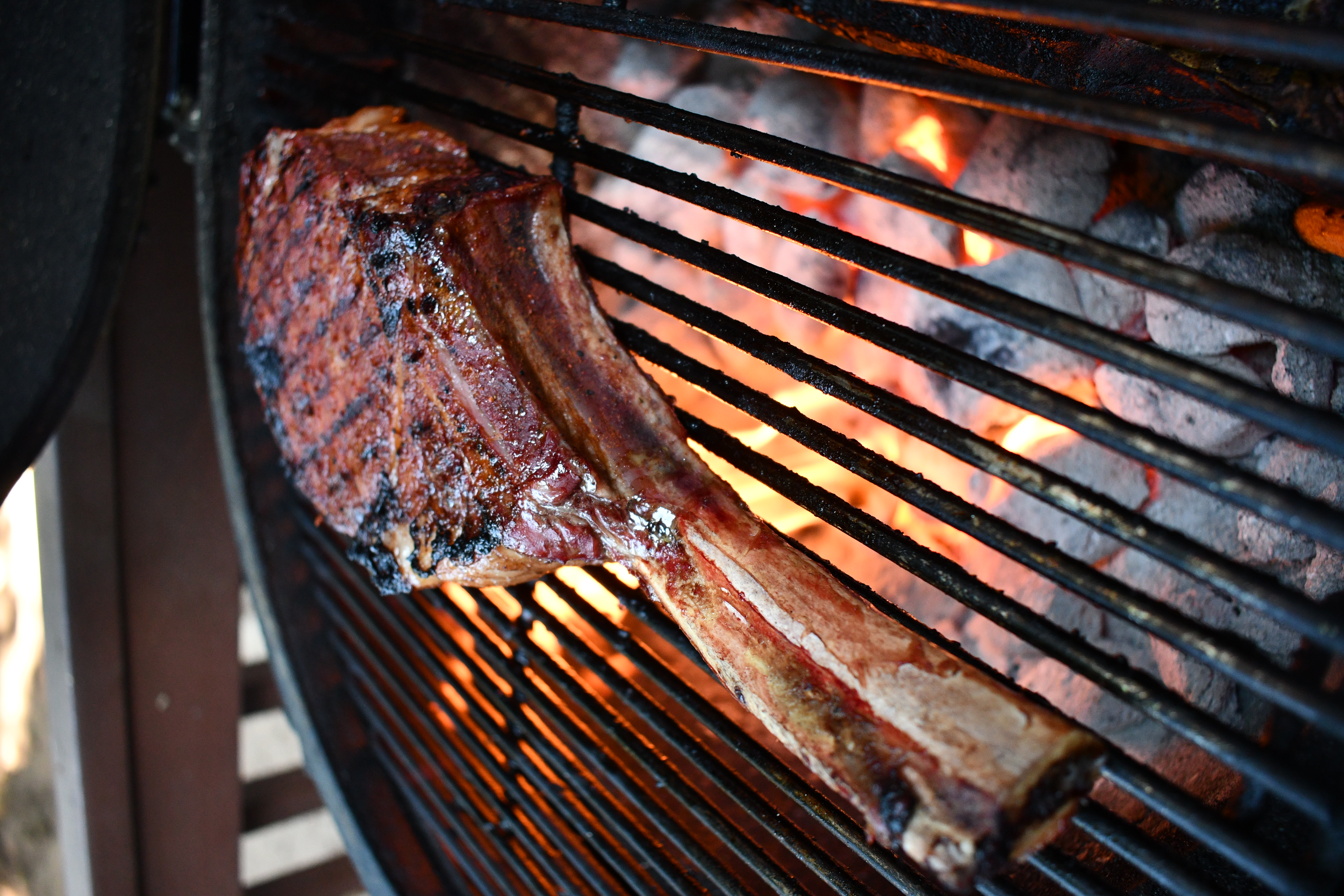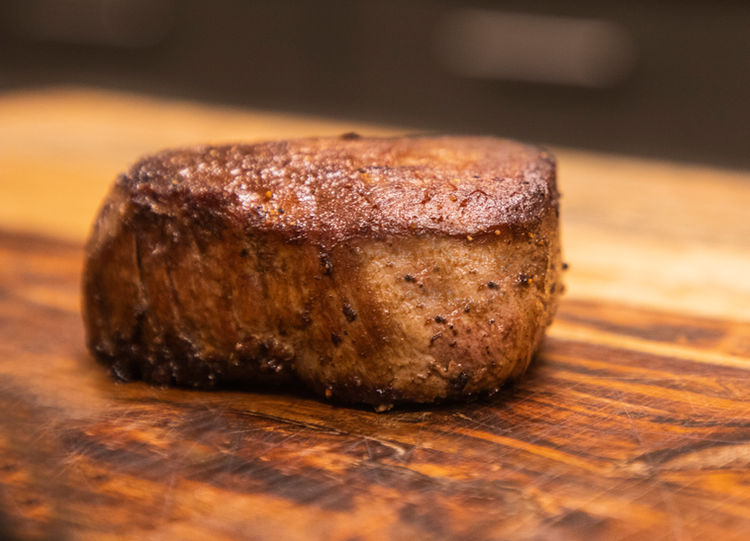The Truth About Resting Meat
May 18, 2022

It's recommended in many recipes, but is a post-cook rest—the interval between the time meat is removed from the heat source and the time it's sliced to serve—worth your time and patience? The answer is a resounding yes.
Cuts of meat that are properly rested after cooking have been proven, time and time again, to be much juicier than their unrested counterparts. This is due mainly to meat's composition and chemical reaction to cooking. Raw meat is about 70% water. The heating process of cooking creates pressure within the cut, which disrupts the proteins in the meat, displacing its moisture content--the sought-after juices that make the meat succulent and oh-so enjoyable.
Since more excellent, more relaxed muscle fibers are much more absorbent than hot, pressurized fibers, they can reabsorb the displaced moisture. The temperature (and pressure) drops as the meat cools and its moisture-holding capacity increases. The juices remain when the core is sliced rather than spilled onto the cutting board.

Does this mean cooks must sacrifice warmth in exchange for juiciness? Luckily, the two aren't mutually exclusive. As it rests, meat continues to cook even after being removed from the heat source (a carryover cooking process). After this, the temperature levels off and stabilizes. The heat loss is minimal, meaning you can enjoy a tender, juicy cut of meat while still warm. You can remove the meat from the grill, oven, or stovetop a few degrees below the desired internal temperature.
For more minor cuts, like 6 to 8-ounce steaks, a 5 to 7-minute rest is best, so remove them from the heat source a few degrees under the desired temperature. More significant cuts, like standing rib roast and strip loin roast, should rest for 20 to 30 minutes before slicing and can be removed from the heat source when about 10 degrees below target temp. Rest meat in a slightly warmer spot than room temperature--not cool or drafty. Near a cooling oven works well.
Embrace the resting process. Make use of that time by cooking a savory gravy or sauce, making yourself a drink, or washing up some last-minute dishes. Patience can be difficult, but it's a virtue that often pays off—especially when it comes to a perfectly cooked cut of beef.